
It’s crucial that you surround yourself with the right people to be successful. However, it’s just as important that you avoid the wrong people. Toxic relationships are a threat to your well-being and could even ruin your life. In order to live up to your potential, you need to be able to identify toxic relationships and avoid them.
How to Identify Toxic Relationships
Toxic people are defined by being energy-draining. The life cycle of a toxic relationship begins with the toxic person exhibiting victimhood in an attempt to lure you into a savior complex. Then they will suck up to you so that you feel special. Once they’ve made you feel special, toxic people use passive aggression to confuse you and gossip to create an “us vs them” illusion to separate you from others for themselves. Other forms of manipulation will emerge if they haven’t already, and narcissism will likely show itself. From here toxic relationships can descend into control, domination, and abuse.
The 8 Traits of Toxic Relationships
I’ll elaborate on the traits of a toxic relationship mentioned above. These traits tend to build on each other and emerge roughly in the same order I lay out here, though the cycle can obviously vary.
1. Victimhood
A victim mindset is the root of every toxic relationship. Victims are so focused on what has happened to them and why they can’t move forward in their lives, and they will send signals for you to come and save them.
The following are signs that a person is a victim.
- They constantly tell stories about the terrible things that have happened to them. Victims love to ruminate on past situations where they were harmed: the things they tried that didn’t work out, the jobs they didn’t get, the people who harmed them, etc. When victims do this, they are subconsciously (or purposely) trying to persuade you to come to their rescue. If they just had a good person like you in their life, they could make it, or so they want you to think.
- They are stuck in replay. These stories taken together reveal a trail of destruction in the wake of a victim: broken relationships, business failures, etc. Now don’t hear me say that past business or relationship failures mean that a person is a victim. In fact, many of the most successful people in history experienced bankruptcy and repeated failure before they rose to success (this is my story, by the way). The difference between a victim and a struggling future powerhouse is that the victim will insist that their failures had nothing to do with them. Their stories will be told in such a way that they seem like an innocent person who did nothing wrong and was nevertheless ridiculously unlucky or wrongly treated.
- They’re paranoid and negative. Victims will focus on what’s wrong and on reasons why something can’t work. They will frequently make complaints without proposing solutions, and they can usually find ways to avoid taking action. Often this will look like excuses about how they don’t have the time, money, or energy to do something. Another way this manifests is constantly adding additional tasks to the list of things they have to do before they can act on the one thing they really need to do.
2. Brown Nosing
Don’t mistake a brown noser for an empowerer, those invaluable friends who advocate for you and act as a cheerleader in your life. The difference between an empowerer and a brown noser is that empowerers are not using you. They’re your friends, but they don’t need you. In contrast, brown nosers shower you with praise and compliments because they want something from you. At first, they may seem like your biggest fans, but they usually won’t follow through on their commitments. Beware when an employee or person you’re helping gushes you with praise but doesn’t do what they say they will do.
3. Passive-Aggression
Ironically, people who brown nose are often passive-aggressive, and vice versa. Passive-aggression stems from low self-worth, which leads to an inability to be frank and stand up for oneself. When people don’t stand up for themselves, they often store up resentment and bitterness. Passive-aggression then becomes the outlet through which they express this resentment. They could give you backhanded compliments or be inefficient in a subconscious effort to sabotage you. At their worst, passive-aggressive people take purposeful and secret revenge or even harm themselves to get back at you. Avoid people who won’t be straight with you. Unless someone can tell you uncomfortable truths, you can’t know for sure where you stand with them.
4. Gossip
When you share news about others that isn’t for you to disclose, you betray their trust. Likewise, speaking negatively about someone when they aren’t around while treating them with warmth when they’re in front of you is no better than lying to them about your relationship.
It’s one thing to go to a discreet person and discuss a problem with someone else if you’re trying to determine what you should do about it. However, it’s wrong to pass judgement on someone else in the presence of other people to get them on your side. It stirs up division and destruction. People who gossip to you are probably gossiping about you. If they aren’t, then they will as soon as you do something that offends them.
5. Manipulation
Toxic relationships are almost synonymous with manipulation, because manipulation is what keeps a toxic relationship going. Without it, the relationship would collapse. This is why manipulators are constantly leveraging for influence over others in subtle and indirect ways. In a relationship with you, manipulators will steadily try to convince you that you need them. They’ll sow seeds of doubt about your relationships with other people so that they seem like your best friend. They’ll cling on to you and your schedule in order to make sure you aren’t pulling away from them.
While some manipulation can be easy to overlook, patterns of manipulation should never be ignored. Manipulation needs to be exposed and confronted directly. If the manipulator tries to turn their problem back onto you when you confront them, this is a clear sign that this person is toxic and should be cut out of your life.
6. Narcissism
Narcissists are selfish on another level. They often brag boldly and routinely about themselves as though they’re a higher breed of human being, and this is a good way to spot them. A narcissist is also marked by a lack of compassion. Though they can be charming and even empathetic, it’s only to get what they want. They will only serve other people if it somehow serves them to do so.
Narcissists who have attained a level of success are often accompanied by brown nosers because they crave attention and praise. In fact, narcissists tend to only value people who put them on a pedestal and give them special treatment. Failure to do this will put you out of their favor. Don’t associate with these people.
7. Control
Technically, every symptom mentioned so far is a form of control. Here I use the term “control” to describe the highly dangerous stage of toxic relationships in which someone is actively trying to run your whole life. Likewise, a controller is a person who encompasses both manipulation and narcissism.
Controllers are marked by a total lack of boundaries regarding your time and space. A controller needs to know where you are and what you’re doing at all times. They’ll make demands of you that are completely unreasonable and are never satisfied with what you do for them. Controllers will usually be verbally abusive. If you confront them about an issue, they’ll turn it back on you shamelessly as though you’re the one at fault. This is an attack on your self worth so that you lose your sense of self apart from them.
Ironically, the things they accuse you of will usually be the things they themselves are guilty of. This is called projection, and it’s a defense mechanism to avoid accountability for their own flaws. If you feel like you’re in a relationship with a controller, you need to separate yourself from them as soon as possible and cease contact with them. Be sure to seek help from a trusted source to help you walk through the process of exiting these harmful relationships.
8. Domination
This is where physical and sexual abuse occur. At this level of toxic relationships, your sense of identity has been largely stripped away. If you’re here, get help. Inform the authorities. Do what you must to never let this person anywhere near you ever again. As you’re doing this, find people who can help you heal from this relationship so that your self worth can be restored. You are more valuable than you can ever know, and you deserve better than what has been done to you.
Apply This Information Immediately
Toxic relationships are destructive and can even be dangerous. Avoid them like a disease. If you suspect you’re in a toxic relationship, go through this list again and be honest with yourself about what you’re experiencing. If you’re still in doubt, share your information with someone trustworthy and discreet and see what they think. Be especially wary if you feel like you need this person, because that is a sign that they have a hook in you. No matter what you think you may be getting from a toxic person, a relationship with them is never worth it and you need to commit to doing whatever it takes to get free.
For more information on how to form healthy relationships and identify the right people to surround yourself with, check out our free resources that will help you reach your potential and experience a free, fulfilling life.







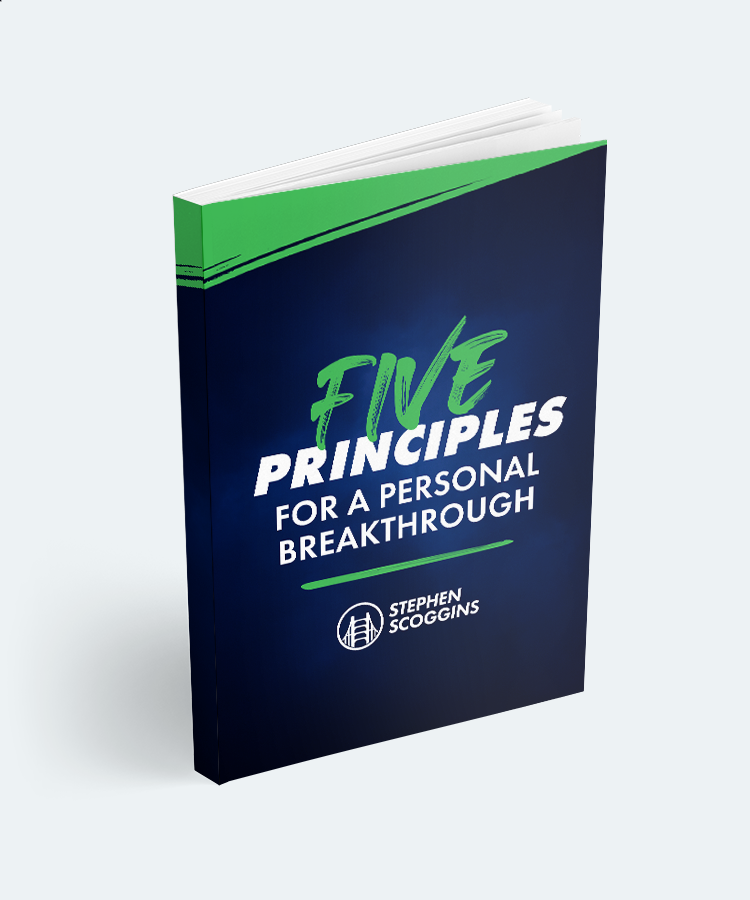
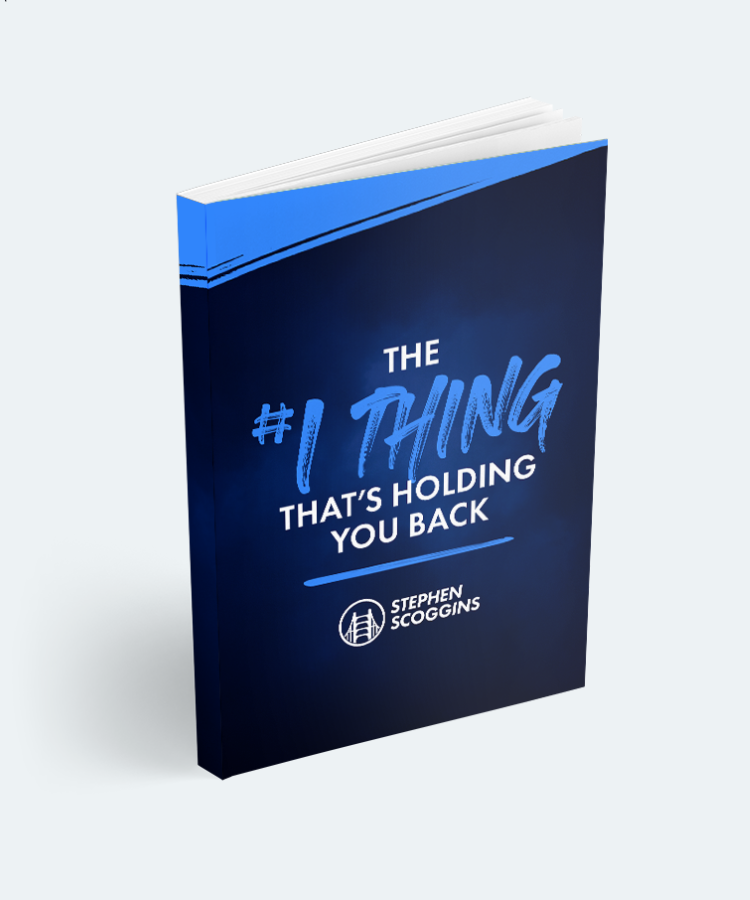
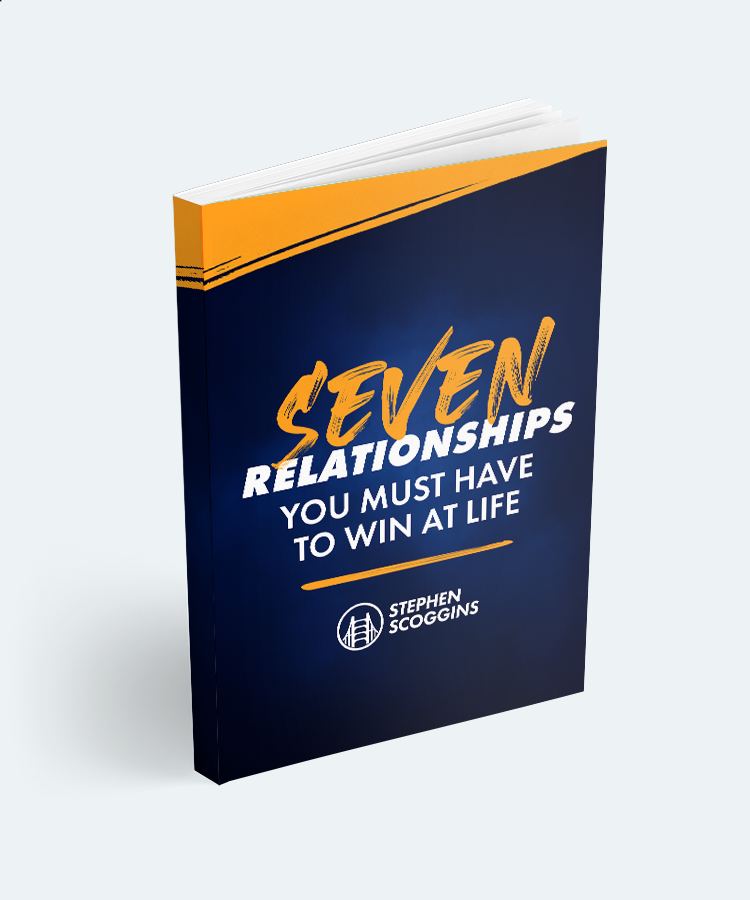

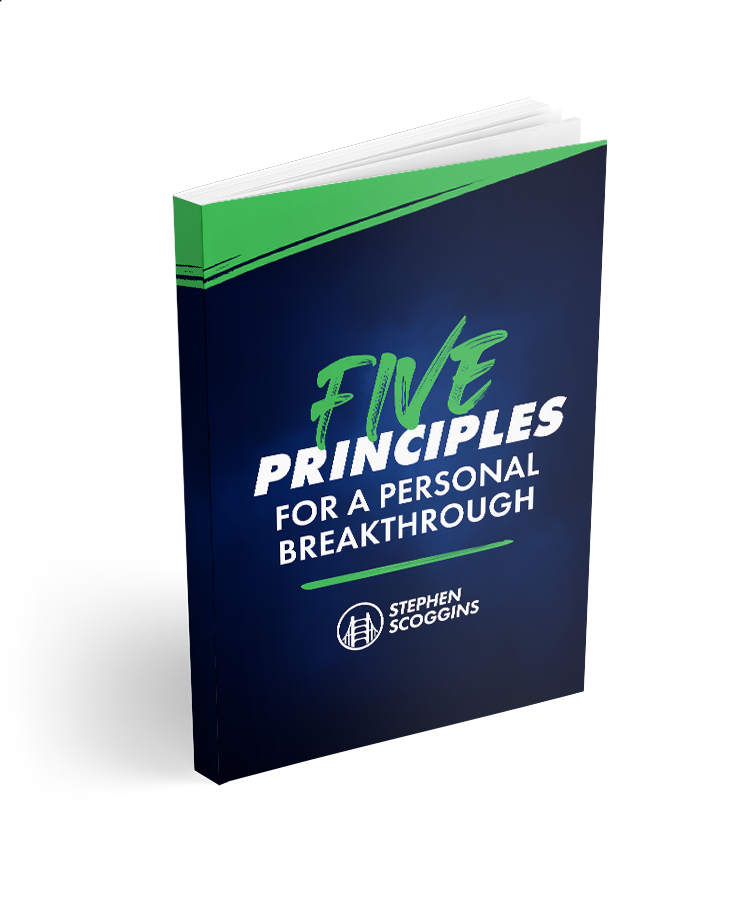
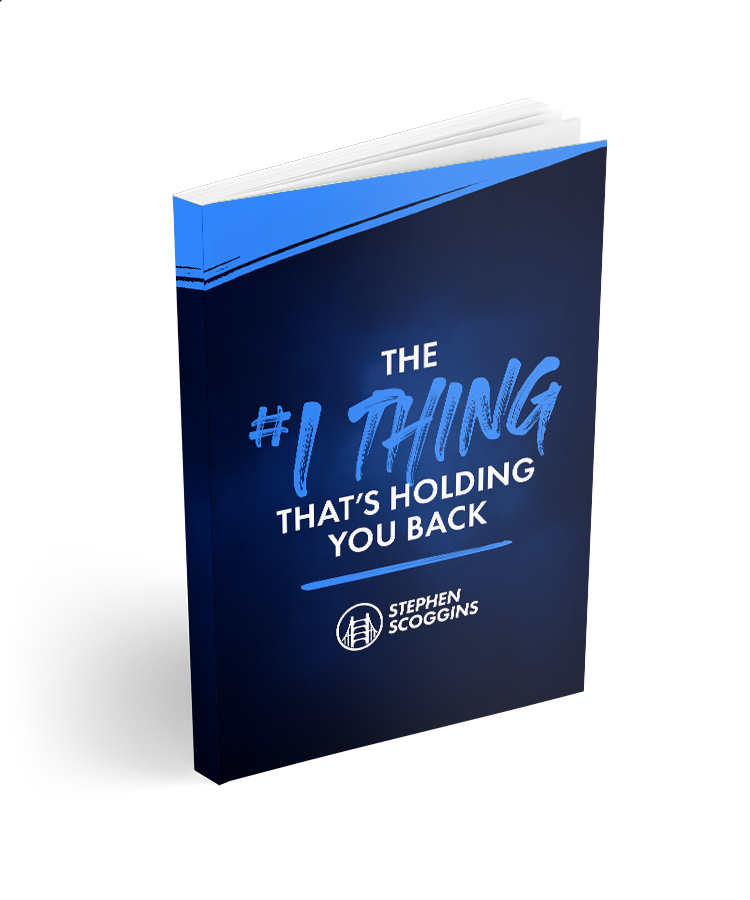
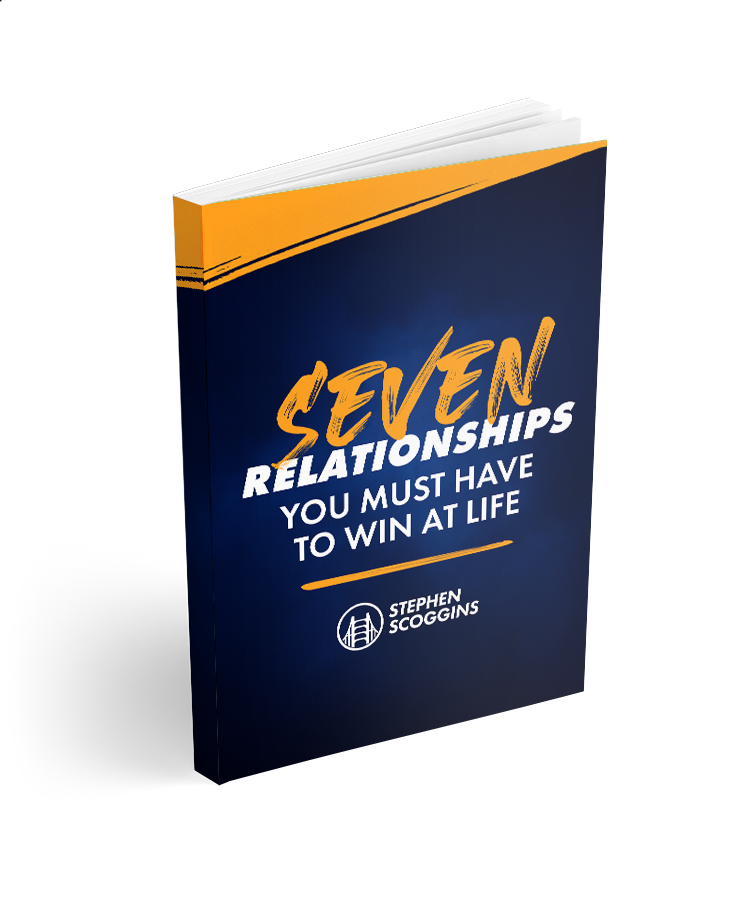
3 Responses